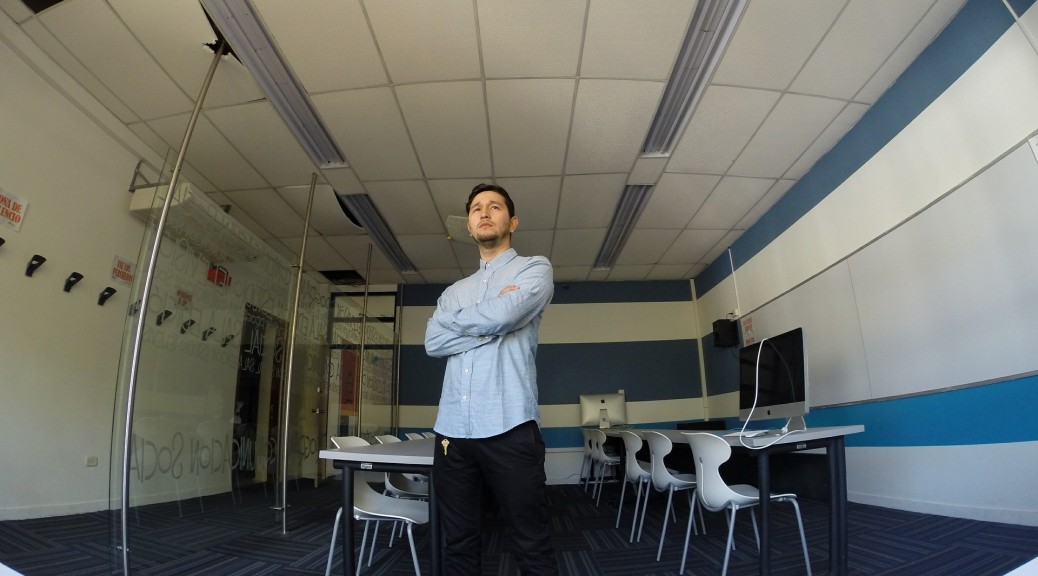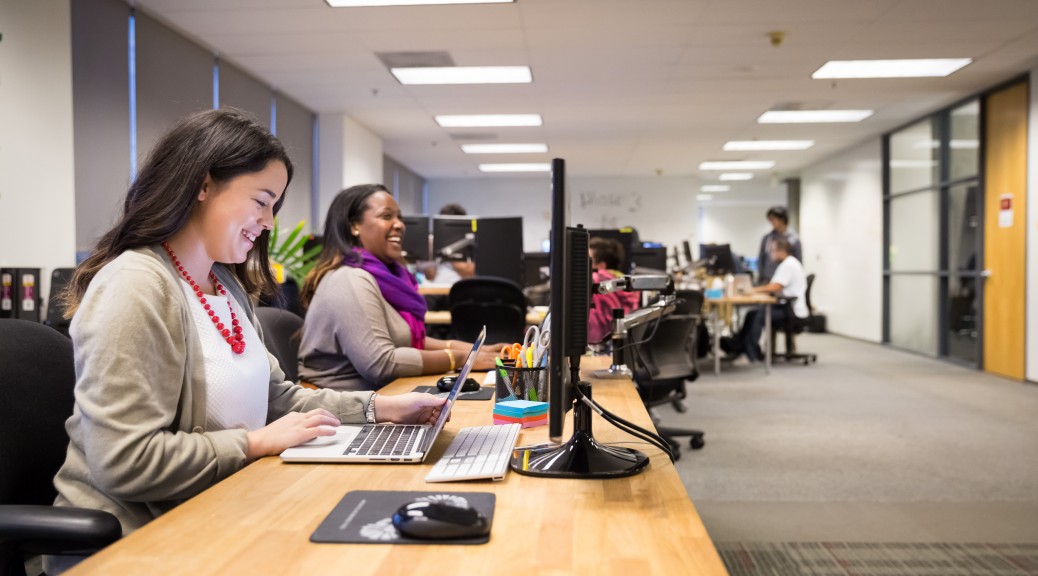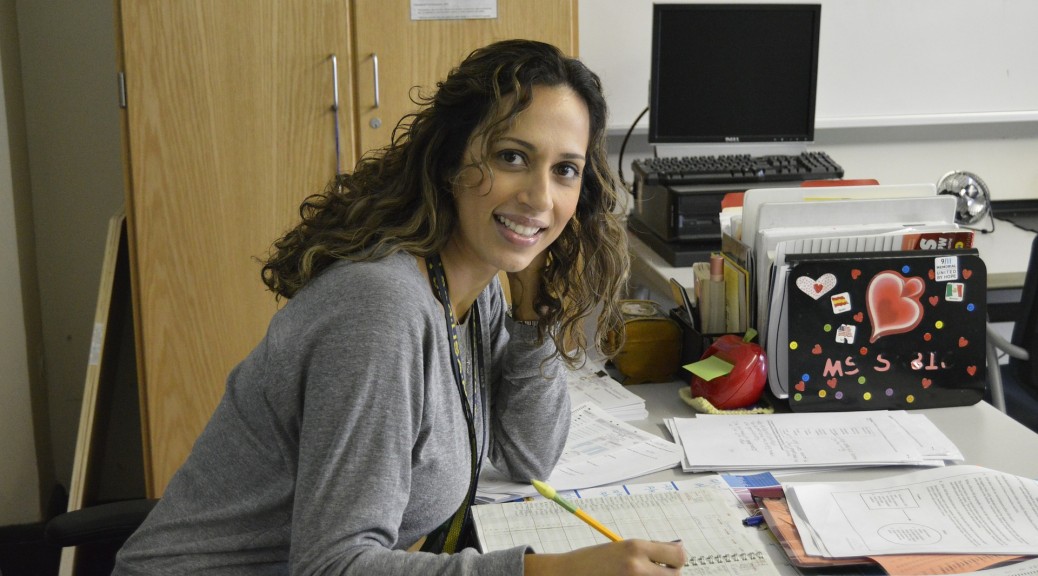One key to great coding education is flexibility and quality mentorship. Consider a recent article for the Independent titled “Ireland’s coding teachers plead for more mentors.”
According to Jane O’Faherty of the Independent, “The call was made by CoderDojo, the country’s leading volunteer-led organisation in teaching coding, which is looking to expand. The charity, which was founded in Cork four years ago, has provided free classes in coding for up to 70,000 people both in Ireland and abroad. Now, it is calling for volunteers to help address a growing demand for classes across Ireland. The classes cover programmes such as Scratch, TouchDevelop, HTML, Javascript and Project Spark. Mary Moloney, CEO of CoderDojo, said that the charitable organisation had reached an additional 40,000 children around the world this year. ‘As of this week, we are in 63 countries around the world,’ she told the Irish Independent. ‘There are 180 dojos currently in Ireland, with 5,000 kids coming in on a weekly basis,’ she added. ‘All of them need mentors to help out.’”
Slate also explores coding in the classroom in a recent article titled “Can Coding Make the Classroom Better?” Chris Berdik of Slate writes, “There are two other STEAM labs in this school for third-, fourth-, and fifth-graders, which South Fayette opened in 2013. They’re in the center of each floor, with regular classrooms on either side, a layout that reflects a philosophy transforming the entire district. In the past five years, South Fayette has leveraged grant funding, new school construction, and creative scheduling to give nearly 3,000 kids, from kindergarten through 12th grade, dedicated spaces for hands-on projects—coding, 3-D printing, computer-aided design, and robotics—as part of their regular curriculum. The STEAM labs, STEAM coordinators, and technology education teachers are part of a districtwide embrace of ‘computational thinking.’ Computational thinking is intimately related to computer coding, which every kid in South Fayette starts learning in first grade. But they are not one and the same. At its core, computational thinking means breaking complex challenges into smaller questions that can be solved with a computer’s number crunching, data compiling, and sorting capabilities. Proponents say it’s a problem-solving approach that works in any field, noting that computer modeling, big data, and simulations are used in everything from textual analysis to medical research and environmental protection.”
When it comes to customized coding education, your best bet is CodeRev Kids. At CodeRev Kids, our lessons focus on computational thinking, which encompasses a wide variety of programming languages and concepts.
Our lessons build upon one another and we adjust starting points to each student’s level of expertise. Thus, the entire curriculum is customized. We are known for saying we are the most educational tech camp out there, but we also keep the focus on having fun. As a result, students stay engaged while learning to blend creativity with technology.









